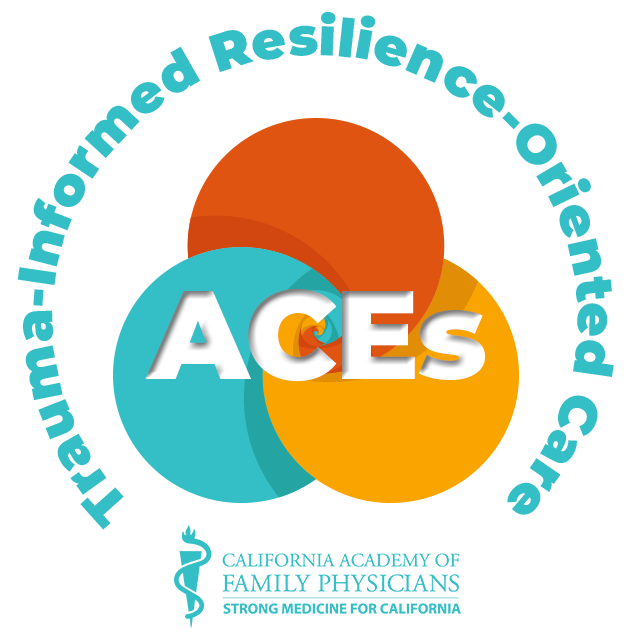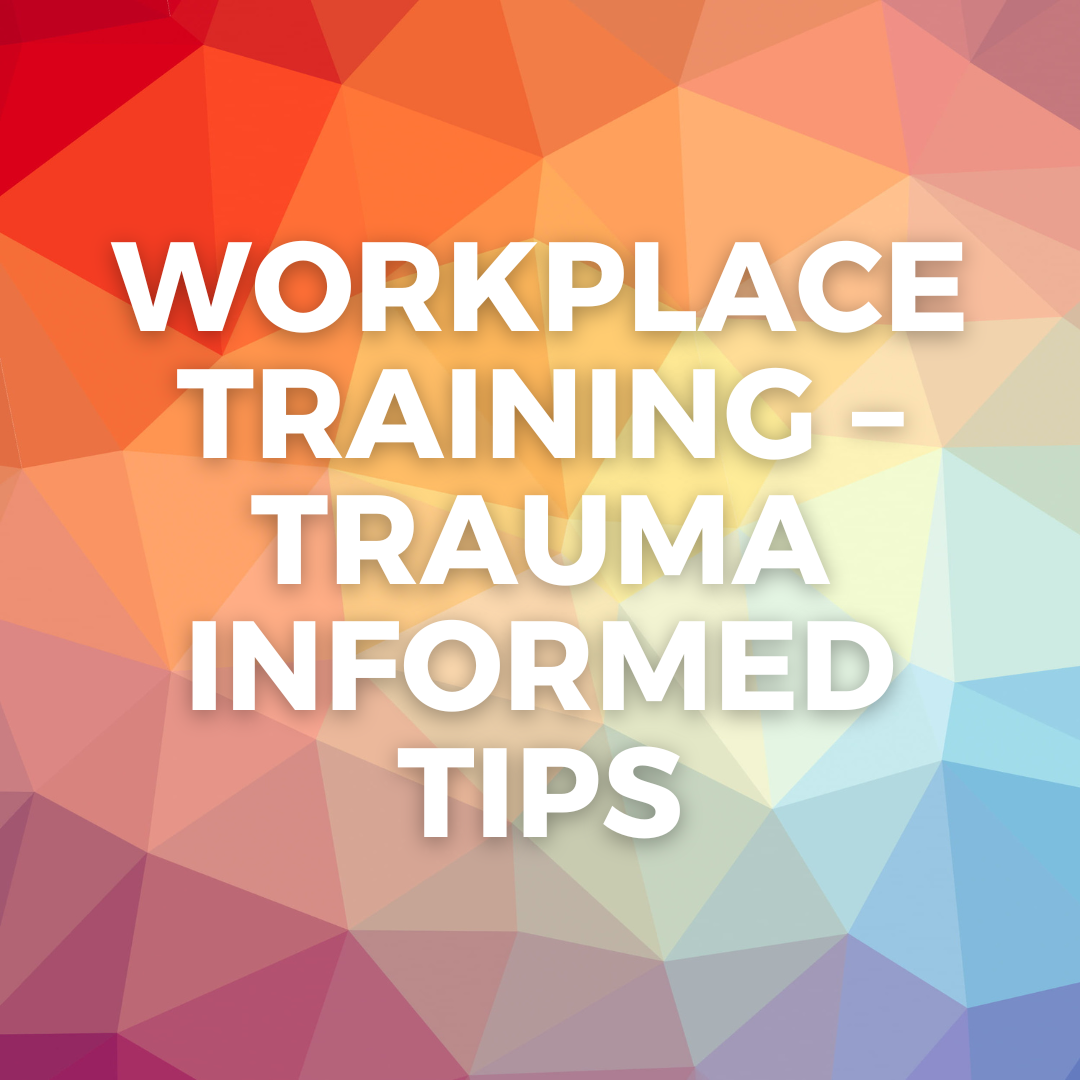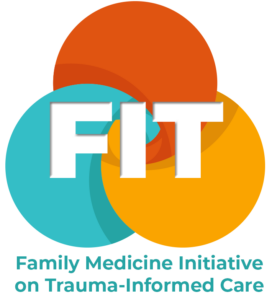Adverse Childhood Experiences (ACEs) and toxic stress are public health crises. ACEs are stressful or traumatic events experienced by age eighteen, identified in the landmark Centers for Disease Control and Prevention (CDC) and Kaiser Permanente (KP) Adverse Childhood Experiences Study, to be strongly associated with increased health and social risks. Early detection and intervention can help prevent or reduce the health risks associated with ACEs.
Trauma-Informed, Resilience-Oriented Healthcare (TIROH) is an organizational culture, structure, and treatment framework built on understanding, recognizing, and responding to all kinds of trauma and places focus on protective, resilience-oriented approaches to the entire organization. Adopting TIROH practices can improve patient engagement, treatment adherence, and health outcomes, as well as provider and staff wellness.


CAFP deepens our work through a partnership with the UCLA-UCSF ACEs Aware Family Resilience Network (UCAAN). Our shared goal is significant growth in ACEs-TIROH awareness throughout California family medicine. This is achieved through a multi-pronged approach including live presentations and workshops, practice inquiry groups, magazine articles, online discussion groups, and more.



This peer-to-peer learning initiative was funded by the Office of the California Surgeon General, the Department of Health Care services, and ACES Aware. Now concluded, it raised awareness about Adverse Childhood Experiences (ACEs).
CAFP organized a series of regionally-based, peer-to-peer learning workshops concerning ACEs screening rationale and methods, followed by peer-to-peer discussion groups on best practices, overcoming barriers to care, and practice approaches for this new screening tool. Participants addressed trauma-informed communication techniques, building a patient’s resiliency, and a trauma-informed physical exam.
Activities available 24/7 include:
Childhood trauma isn’t something you just get over as you grow up. Pediatrician Nadine Burke Harris, former Surgeon General of California, explains that the repeated stress of abuse, neglect and parents struggling with mental health or substance abuse issues has real, tangible effects on the development of the brain. This unfolds across a lifetime, to the point where those who’ve experienced high levels of trauma are at triple the risk for heart disease and lung cancer. An impassioned plea for pediatric medicine to confront the prevention and treatment of trauma, head-on.